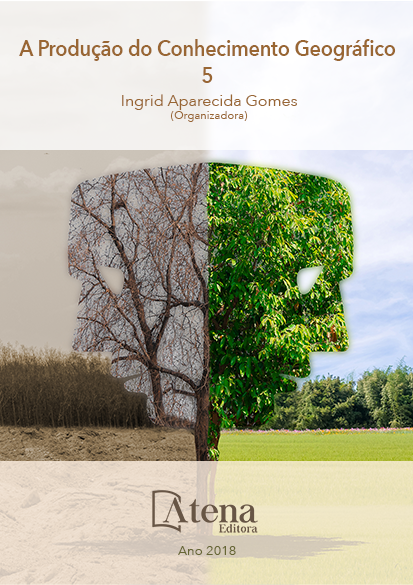
IMPLICAÇÕES TERRITORIAIS DA ALTERAÇÃO DO CÓDIGO FLORESTAL NO CERRADO – ESTUDO DE CASO NA BACIA DO RIBEIRÃO ÁGUA LIMPA, UBERLÂNDIA - MINAS GERAIS
O código florestal é o principal
instrumento legal que gere o uso e o acesso
recursos florestais. Passou por uma reformulação
em 2012 com alterações substanciais.
O objetivo deste trabalho é apresentar
os resultados parciais da dissertação em
andamento, referentes às principais alterações
nas modalidades de Áreas de Preservação
Permanente (APP’s) previstas no Novo Código
Florestal (NCF) e as implicações territoriais
desta mudança na bacia do Ribeirão Água
Limpa, localizada no município de Uberlândia,
Minas Gerais. Foi realizado o mapeamento
da bacia em 27 de julho de 2008 na escala
1:25.000. A hipótese considerada é a de que a
flexibilização implementada pelo NCF pode ter
aumentado a vulnerabilidade das APP’s.
IMPLICAÇÕES TERRITORIAIS DA ALTERAÇÃO DO CÓDIGO FLORESTAL NO CERRADO – ESTUDO DE CASO NA BACIA DO RIBEIRÃO ÁGUA LIMPA, UBERLÂNDIA - MINAS GERAIS
-
DOI: Atena
-
Palavras-chave: Áreas de Preservação Permanente; Novo Código Florestal; Ribeirão Água Limpa.
-
Keywords: Permanent Preservation Areas; New Forest Code; Agua Limpa Creek.
-
Abstract:
The forest code is the main legal
instrument that manages the use and access of
forest resources. It has undergone a recast in
2012 with substantial changes. The objective
of this paper is to present the partial results
of the master’s in progress, referring to the
main changes in the modalities of Permanent
Preservation Areas (PPAs) foreseen in the New
Forest Code (NFC) and the territorial implications
of this change in the basin of the Agua Limpa
Creek, located In the city of Uberlandia, Minas
Gerais. The basin was mapped on July 27,
2008 in the 1: 25,000 scale. The hypothesis
considered is that the flexibilization implemented
by NFC may have increased the vulnerability of
PPAs.
-
Número de páginas: 15
- Oberdan Rafael Pugoni Lopes Santiago
- Gelze Serrat de Souza Campos Rodrigues


